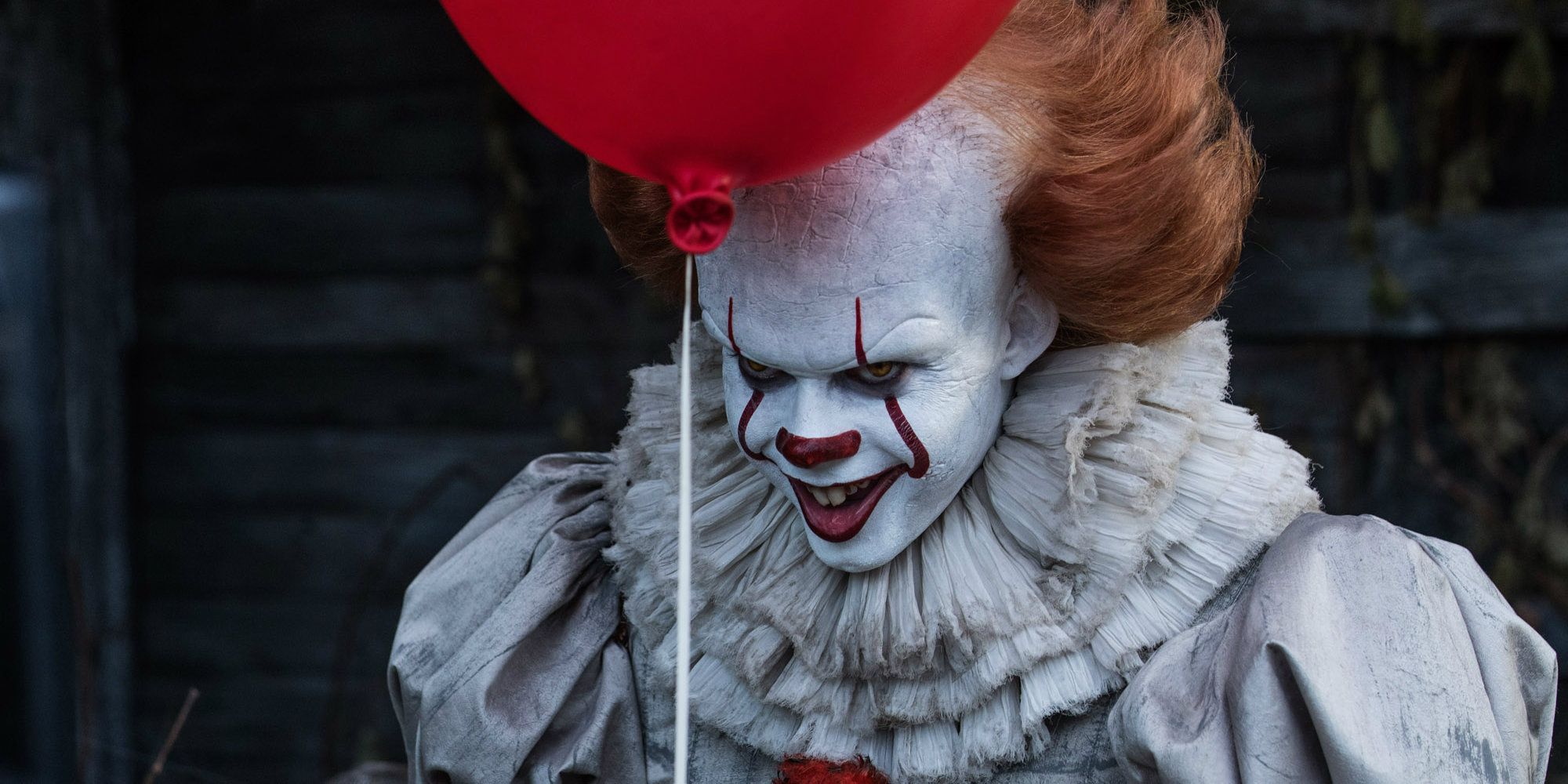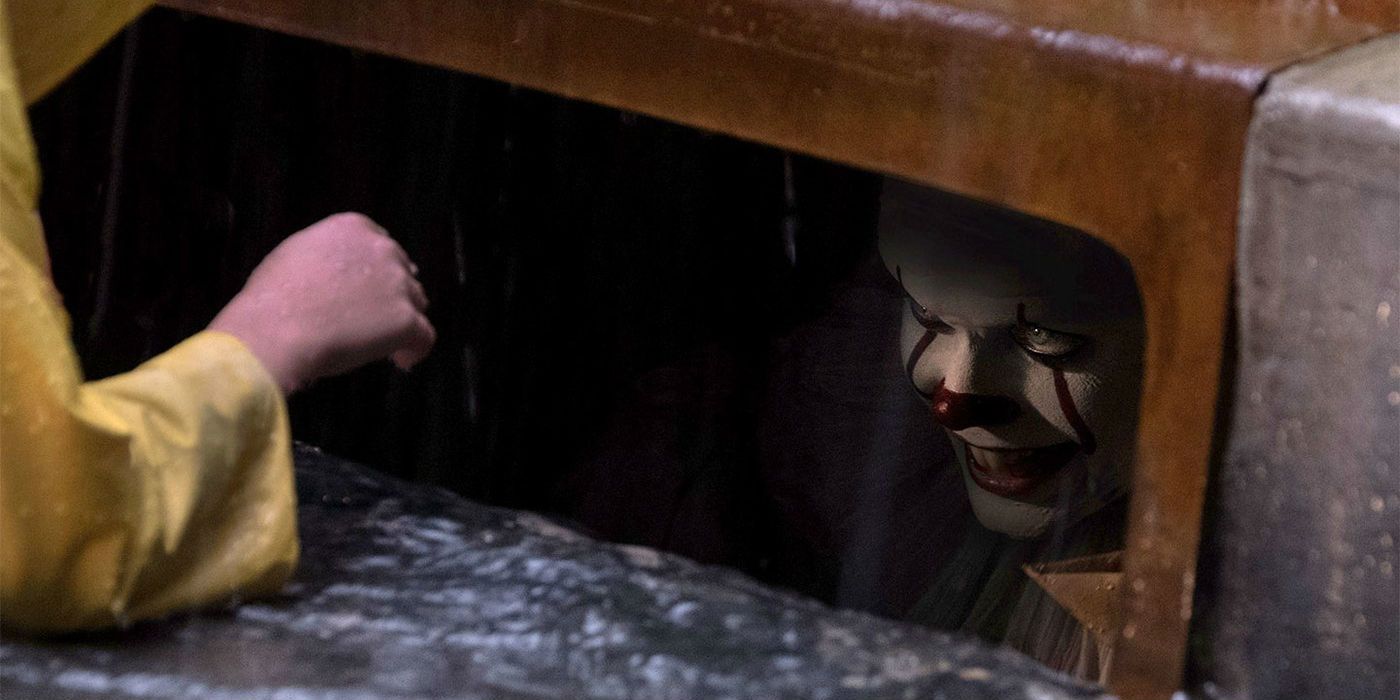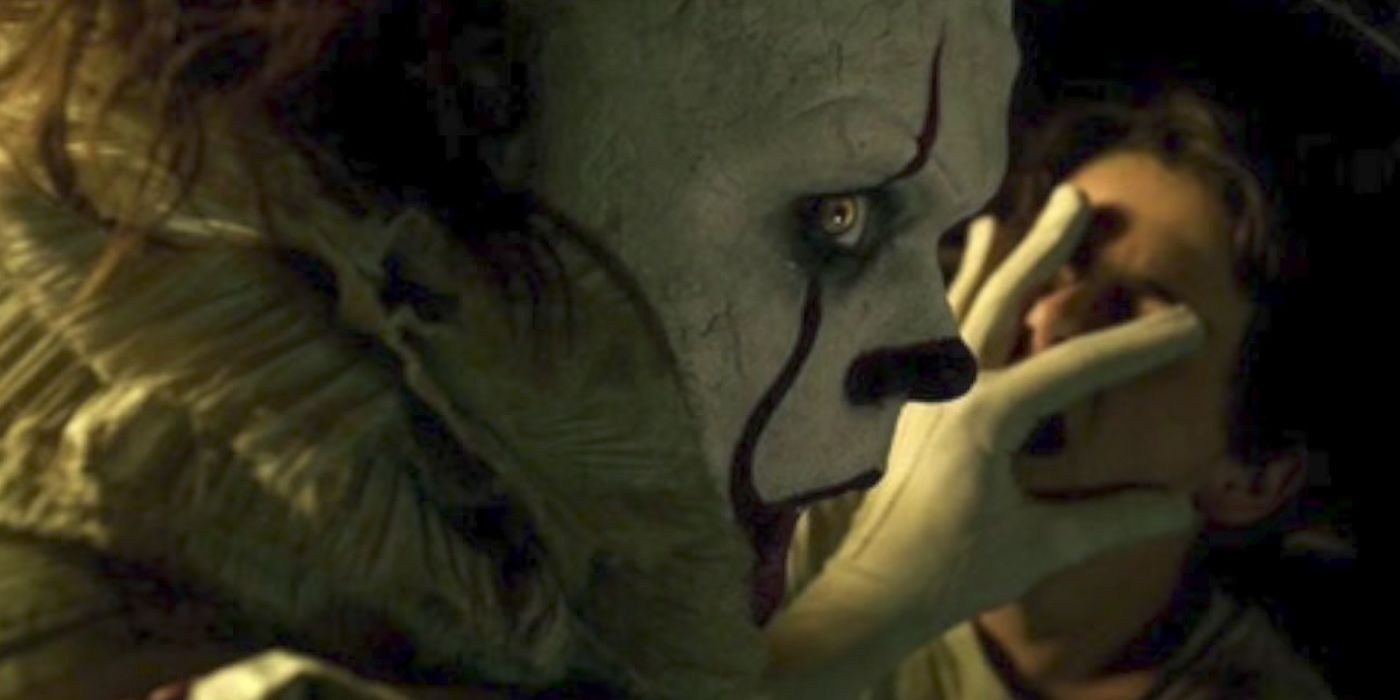It was released in movie theaters last week and has already made a killing. Andrés Muschietti's adaptation of Stephen King's famous horror novel grossed $123 million at the US box office in its opening weekend, with the international total increasing that figure to $185 million. This first instalment beat the record for best domestic opening of a horror movie, knocking Paranormal Activity 3's $52.6 million total into second place. Not only has IT doubled the amount of money it was projected to make but also looks set to become the highest-grossing Stephen King adaptation in the US, however, this record-breaking success doesn't mean the studio should double the production budget for It: Chapter Two.
The box office has proven time and time again that more money doesn't automatically make a successful sequel. Vin Diesel's Pitch Black was made for $23 million and while not all critics gave the space horror favorable reviews, it did have a lot of fans worldwide and managed to gross over $53 million at the global box office. Its sequel, The Chronicles of Roddick, had a production budget nearly five times that amount and only grossed $115 million worldwide. The second sequel, Riddick, did even worse when it was released in 2013, earning just $98 million globally.
Sequels may seem like a safe bet, but they can flop just as hard as new IPs. So, though Muschietti told Italian outlet Bad Taste that he "hoped" to get a bigger budget for It: Chapter Two, it doesn't mean he needs to go overboard and risk its success.
Producer Roy Lee has previously said that screenwriter Gary Dauberman had to fine tune Chapter One's scripts in order to meet New Line's budgetary constraints, and though the studio will no doubt give them more money to play with, they should still be practical when it comes to putting Chapter Two together. At the moment, Muschietti says they are planning on having the first draft ready by January 2018 to star prep in March, and he wants to use flashbacks to show off Pennywise's supernatural background in more detail. He had planned on doing this in Chapter One but couldn't afford it though he did admit that they were able to focus on characters and their emotional journey to their benefit. Muschietti told Yahoo Movies that "the other dimension - the other side - was something that we could introduce in the second part."
"I also wanted to leave something for the second half, so I didn't want to get in trouble with that - going into the macro verse or that transdimensional stuff. There's another movie to expand into that. Also there's a physical truth that it's a movie that has a budget and I didn't want to get into a depiction of a realm that fucks up our budget, the creation of a world that would suck up half our budget and would have to sacrifice a lot of things."
Though the director and his team will definitely get the money to bring these transdimensional scenes to life they should be reserved in their use of CGI so that emotional journey of the adult Losers' Club don't get lost with too many flashbacks that detract from the main plot.
Casting was another big way that It: Chapter One managed to keep its budget low, by hiring a relatively unknown group of performers. Meanwhile, Pennywise actor Bill Skarsgård was previously best known for Netflix's short-lived supernatural series Hemlock Grove. Other than Bill, Finn Wolfhard of Stranger Things fame is the only other actor with any mainstream attention compared to the other young stars who made up the Losers' Club.
This year's other Stephen King movie, The Dark Tower, had a much bigger production budget, in no small part because of its leading A-list stars Idris Elba and Matthew McConaughey. However, that movie ended up grossing less in its entire theatrical run than IT made in its opening weekend. Muschietti may want to secure bigger names to play the adult Losers' Club, and though the young cast made some pretty good suggestions (including Mama star Jessica Chastain), Muschietti should be confident that the critical acclaim for the first film, and Stephen King's name, will get people into the cinemas for the sequel, rather than major stars.
Working in IT's favor was its brilliant first trailer that offered brief glimpses of the titular clown, as well as breadcrumbs of clever marketing activity involving the infamous red balloon, which had audiences eagerly anticipating the final product in cinema. The sequel won't benefit from the mystery approach when it comes to Pennywise - he's already been revealed and seen in his full sinister glory - but there are still brilliant aspects of their viral campaign that can be reused nearer to its 2019 release.
There's a lot to look forward to in II: Chapter Two, with lots of original source material to play with as the story moves to a present day setting. The first movie managed to achieve the right balance between studio gloss and good old-fashioned horror filmmaking techniques to win over audiences, with a fairly modest budget of $35 million. Big-budget horror movies like A Cure For Wellness and The Mummy have struggled at the box office this year, whereas low-budget offerings like Get Out and Split have raked back their production costs many times over. While Muschietti would no doubt love to have more money to play with in the sequel, an overly bloated budget could rob IT of its charm, and potentially set it up for disappointment at the box office.



